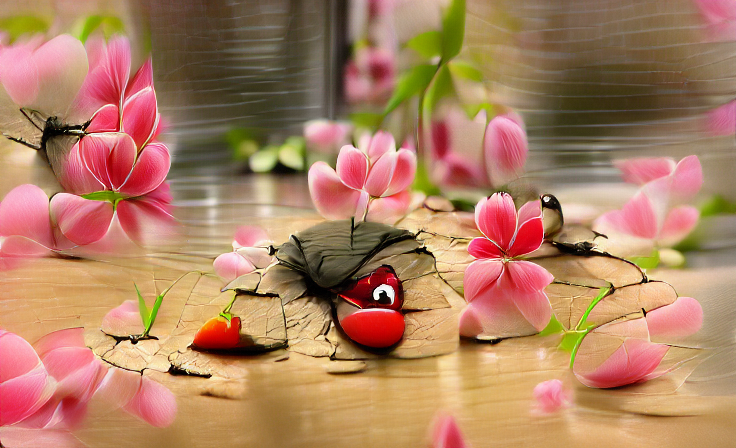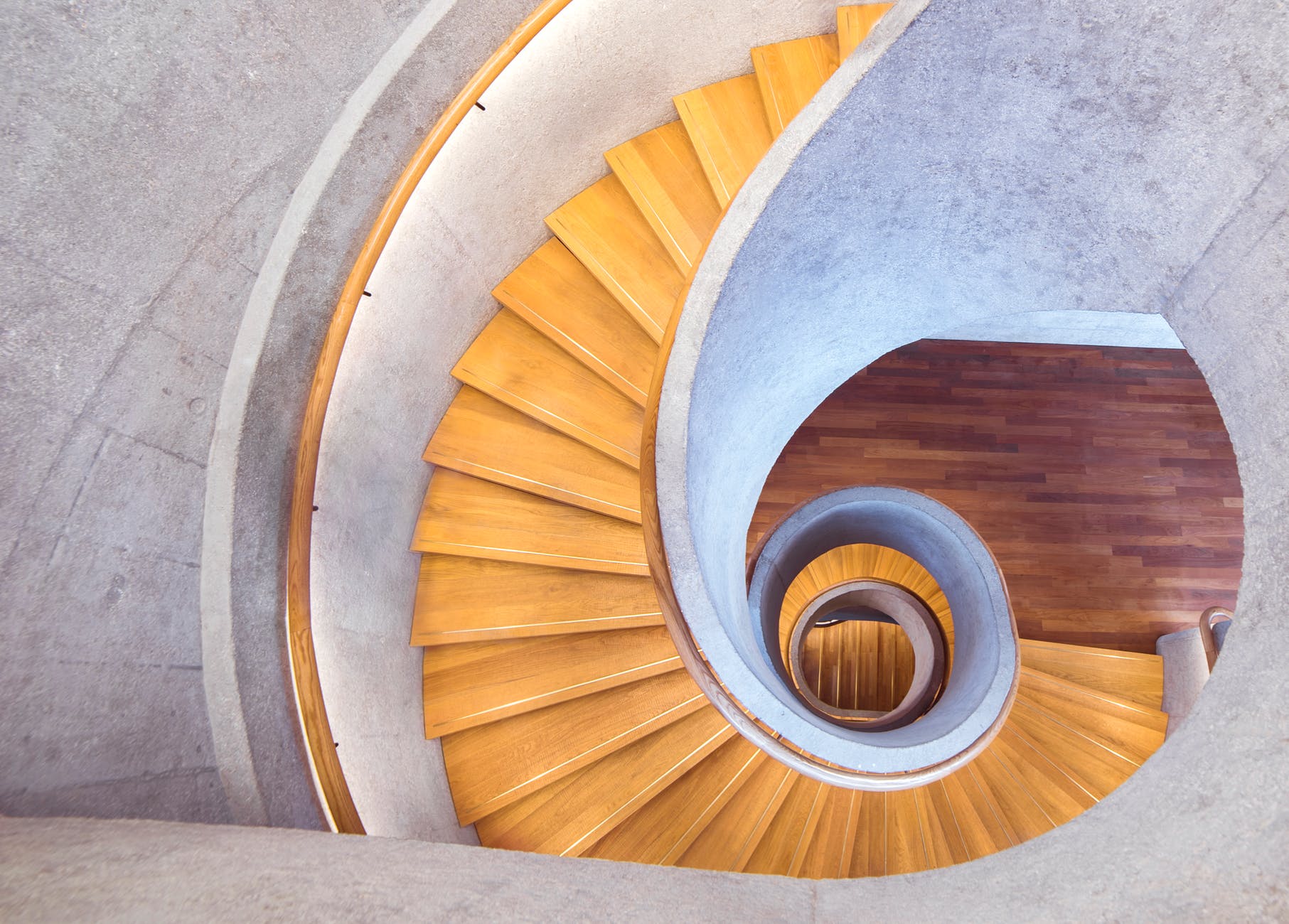I am contemplating what it means to be of service to humanity. Am I really making an optimal contribution? Maybe leaving a legacy is not as important as to actually having the energy and consistency in producing some value. In order to make such a contribution it is essential that I have confidence in myself and in my work. What I can do is to better engage with other people and work more with the assistance of other people. I think generally that I am not as aware as I should be aware of other people. What has put me in this frame of mind is my time in the celestial sanctum and the yearning it creates within to be a true illuminatus and somebody that is an unconditional servant of humanity. Saying it is unconditional is truly a high and noble ideal that is not as easy to put into practice. In practice, we are lazy, we want to enjoy life, and if we can, we will do it without putting in effort.
Most of us are working just so that we can survive and others to continue to feed their hunger for power, fame or wealth. As a true Stoic; the three hungers are irrelevant since the Stoic endeavours to achieve an internal goal that is a goal of being inwardly the best human being possible. A human being that exceeds in every aspect in the qualities that makes a human being human. The fact is that from a mystical perspective we are even more than what are generally considered being human. In general, Stoics define our humanity in terms of the ability to reason, the social nature of humans and the ability to be self-aware and creative. Other creatures in our world does not seem to have these qualities.
Yet the mystic believes that there is the divine spark within that of which all these qualities, that we attribute to being human, are just a shadow. From a mystical point of view, more will be realised in this world when we truly understand this “sage within”. I prefer this term over “Master within” because the term master has so many negative connotations within the South African context with its history of one group being dominated by another. Indeed, I am beginning to realise more and more that what we consider as legacy will differ from society to society and from generation to generation.
This I am saying from the perspective of being both a constructivist and relativist. True these positions are not perfect and not the answer to all but I do think that they offer the best of values in our world. However, it requires an agreement on these base assumptions for it to be effective. When you have intellectual arrogance as oppose to intellectual humility then a relativist will have to continually fight a dominant or unmovable opposing position for incorporating it blindly into one’s own world will violate that very premise of relativism and even in terms of a constructivist view it is becoming something that has the wrong baseline. In terms of this, the relativist and constructivist must find ways and means to neutralise strong opinions and bring them to equality with other ideas before there is an evaluative phase that allow the strongest ideas to come forward. Indeed the question is how we evaluate different ideas when we are in the fluid world of a relativist or constructivist paradigm.
The moment we make a value judgment, we are in a position where we are moving out of the fluid paradigm into a structured paradigm. Maybe this illustrates once again the polar nature of our thinking. We cannot just be constructivist and relativist all the time. We have to be able to discern when to be in this free flow paradigm and then when to start to crystallise solutions and conclude our theories. Even the relativist needs some fixed points of reference.
Here we have some lessons to learn from the astrologer, who aligns his actions with the celestial bodies. The time of Saturn is always such a time where firmness replaces flow and Yang must flow from Yin. We can see Saturn time in a negative light but it is opposite to that of Venus time when we have to be open to society and fluid in our thinking. Projecting this onto my thinking about the tree of life then Yesod is the flowing paradigm and Malkuth the crystalline paradigm. In the first, we have some flexibility that allows different things to manifest but it can come only in existence in the latter.




